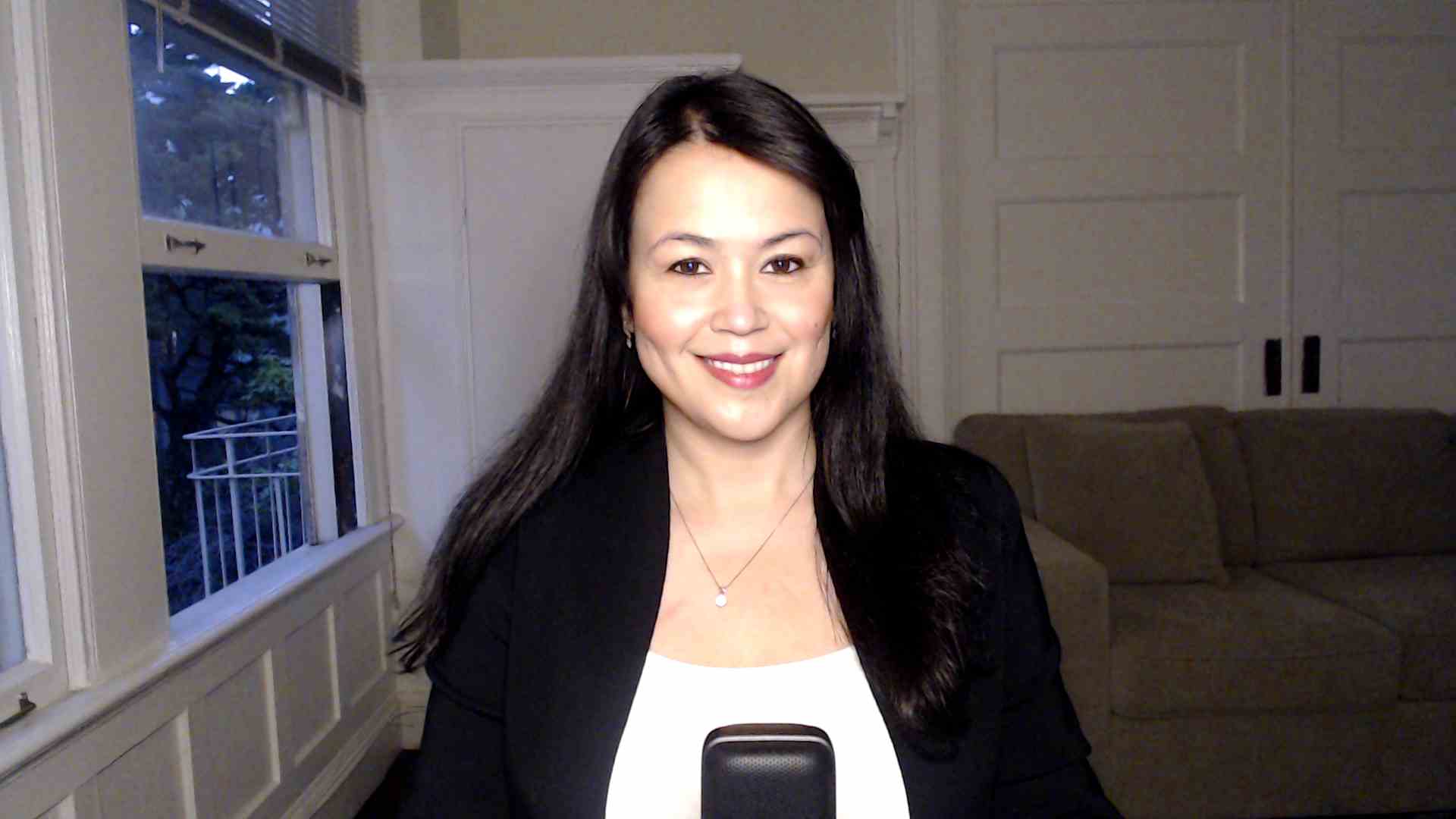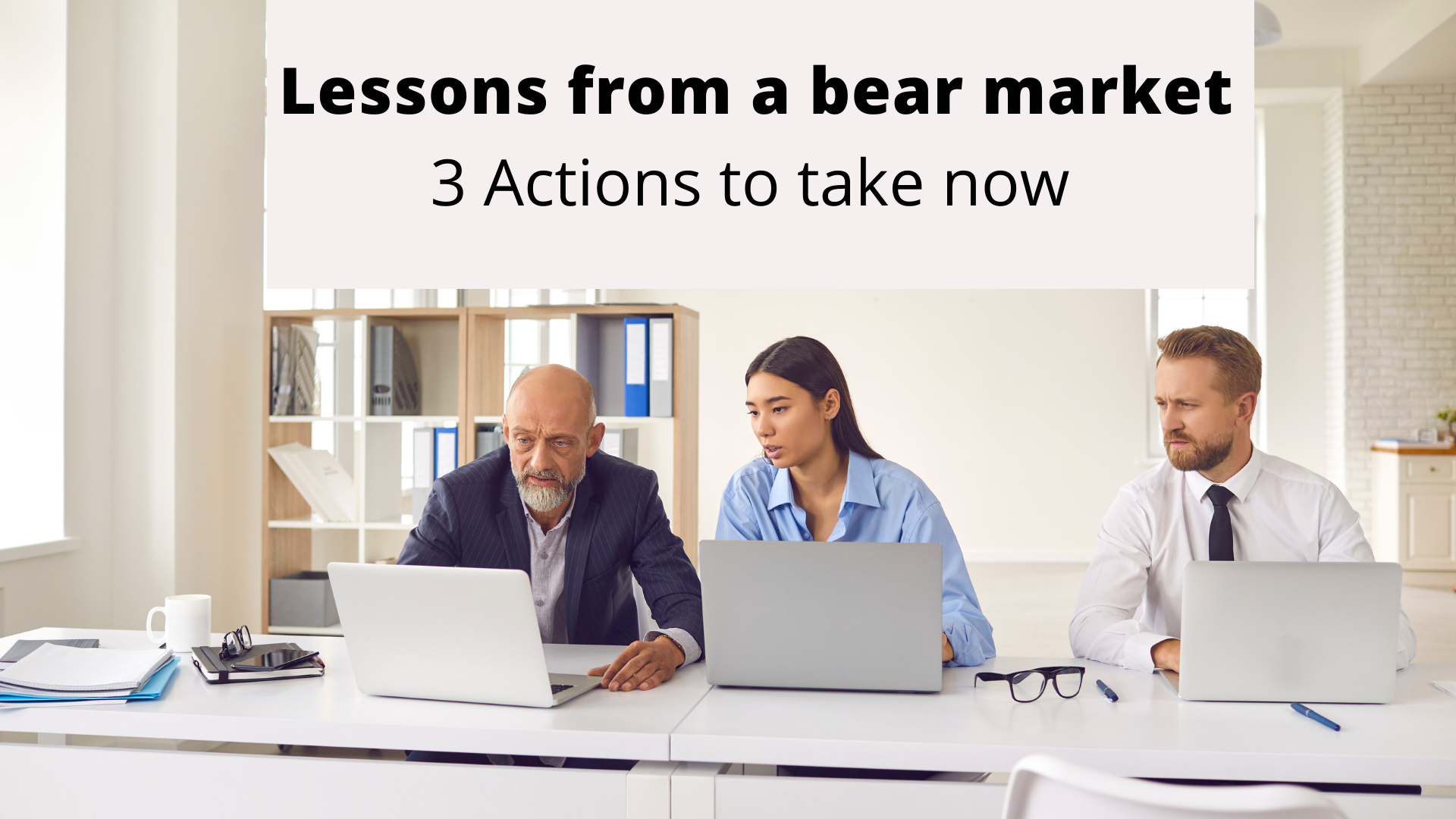Five lies you have been told about investing
Roshani Pandey is a financial advisor and founder of True Root Financial. True Root Financial is located in San Francisco, CA and serves clients across the globe.
When I was twenty-four years old, I started researching where to invest my money. I had been out of school and working for a couple of years and had managed to gather a small saving. Even though I worked for the wealth management group at Goldman Sachs, I still had no idea how to invest my money.
I had been an Information Systems major in college and everything I learned about finance and investing had been from the two years of working at Goldman. We were in the business of advising ultra-high net worth families whose concerns were very different from mine. So, what we did for them would not fit me.
Additionally, I had grown up in Nepal. My parents and family were still there. So, I could not turn to them for guidance.
I sought the advice of my colleagues, those more seasoned in the business than I was, but in retrospect, the advice I got was incomplete or out of context.
I tried to hire a financial advisor but was turned off by their over the top salesy approach.
At last, I tried to research on my own but encountered such a cacophony of information and so many contradicting pieces of advice that I just gave up.
I put off investing because it was a topic that caused so much confusion and anxiety. I did not want to make a mistake by investing in the wrong portfolio or at the wrong time or with the wrong people. At the same time, I knew that by not investing, I was losing out. I thought that if I gave myself more time, it would eventually click, I would know what to do. But, as time passed, it became a topic I dreaded even more because who wants to make difficult decisions?
Eventually, I did invest the money but in a portfolio that wasn’t right for my financial goals at the time.
Several years, a financial crisis and a recovery later…
Today, when I think about researching financial advice, I find that the problem has gotten worse. Amid all the real and fake news, social media, new players and products, it is hard to find financial insights that most people need to learn. There is so much noise that a person who is looking to find answers, just gives up or goes down a path where they invest in a product without understanding.
Financial education is a topic I feel strongly about. We live in one of the most prosperous times in the history of the world and yet, so many of us don’t participate in this wealth creation because it’s too confusing. Stocks are going up one day, down the next – it all seems too haphazard and not worth it. However, even though markets are noisy in the short-run, in the long-run, they move with the economy and when the economy does well, so do stocks.
By not participating in the capital markets, we are excluding ourselves from the economy that we all help build, by working and consuming. Additionally, by doing nothing, we lose out because each year, our savings are able to buy less and less as prices increase.
If you are doing research to invest your money today, here are common mistruths that you must steer yourself away from:
1. The system is rigged against the little guys
Every generation carries some baggage from the financial environment during which they come of age. For me, having seen the dotcom bubble burst in 2000 and having worked at Wall Street during the financial crisis in 2008, I used to be a lot more pessimistic about investing. During the crisis, institutions disappeared overnight, so many people I knew lost their livelihood and there was such an environment of fear that even a few years after the crisis, it felt like we were waiting for the other shoe to drop. I like many others, did not trust the system.
This feeling wasn’t just limited to the financial industry, political movements like Occupy Wall Street gained traction because they hit a nerve in people where they felt they could not trust institutions like the stock market any more.
Fast forward to 2019, in exactly a decade since the US stock market hit its lowest point on March 9, 2009, it has returned more than 300%.
If you had started with millions in capital, your return could have been even more than 300% because you would have had access to the best tax, legal and investment advice as well as to private deals that most smaller investors don’t have access to. However, even if you begin with a small amount, investing still works.
Markets reward patient and disciplined investors, those who start early and stay invested through the ups and downs.
2. Buy low and sell high
While this statement is a truism, focusing too much on trying to spot the low and the high often leads people to do the opposite, buy high and sell low. Research shows that investors who buy and hold rather than try to time the market fare much better.
I remember the panic among our clients in 2008-2009. Many asked to sell everything and sit in cash because they couldn’t stomach their portfolios going on a free fall. Some could not bring themselves to re-invest until a few years later but in the interim, they missed the rally. So, stay invested, even when it’s painful and your gut is telling you to sell everything and sit in cash.
3. You should start investing once you have a decent-sized portfolio
Time is your biggest ally when it comes to increasing your returns. The longer your time horizon, the more chances you have of earning more returns due to the power of “compound returns.” For example, when you buy a stock of Amazon today, you are essentially taking a small ownership of the company. In a way, you have hired Jeff Bezos and his team to work for you. When they use your capital to buy Whole Foods or to expand into a new market, they are investing your money. The returns they get from these capital investments are invested back into Amazon and its share price increases. Or, the returns could be given back to you as dividends, which you could then invest in buying more Amazon shares. This process by which the returns keep getting invested is what compounds the returns over time. The longer you allow the compounding to occur, the more the returns.
Secondly, time also gives you the ability to take more risks and hence, earn more.
If I were to advise my twenty-four-year-old self today, I would tell her to put all her retirement money in stocks. This is because I would have at least thirty years before I would need the money at retirement and in those thirty years, my returns would compound astronomically and even if there were a few recessions along the way, there would be enough time to recover from them.
So, don’t wait to invest. Even if you don’t have a lot of money today, you might have a lot of time until you need it and that itself is of great value.
4. Buy a stock you know
The loud voice on TV yelling stock tips can make us feel like spotting the best stocks to buy is not that difficult.
In 2010, my friend Chris (not his real name) put most of his savings on a pharmaceutical stock, MannKind (MNKD). MannKind was working on an inhalable insulin drug. Chris’ dad had been a diabetic most of his life. Having seen his dad go through the agony of injecting himself daily with insulin, Chris thought that the new drug was solving a big health need that people would pay for.
The drug hit a stumbling block in 2011 with the FDA and it was delayed by a couple of years. Immediately, the stock tumbled 43% to $5.15 . But Chris didn’t lose hope. A breakthrough drug like this, he thought, was bound to be scrutinized by the FDA.
Chris’ wish was granted when in 2014, the Food & Drug Administration (FDA) finally cleared the drug. He was exuberant and felt vindicated as he patiently waited for the stock price to skyrocket. Chris wasn’t alone in his exuberance. The stock went up, as high as $52.60 in 2014.
The exuberance did not last long. MannKind shares began steadily declining due to low sales of the insulin drug. In 2016, the company was dealt a blow when drugmaker, Sanofi ended its partnership with MannKind. The stock tanked to $3.74. It’s been trading even lower since.
Stocks are unpredictable. They are affected not just by their own merit but external factors such as the economy, government policies, macro-economic events, etc. And certain stocks such as pharmaceutical stocks come with their own set of regulatory and other risks that are not apparent to most people. Buying a stock you know is a great idea in theory but no one actually knows how a stock is going to perform, not even the experts. That’s why risk management is crucial.
The hazards of day-trading
Chris’ story might be the worst case scenario because he put all his proverbial “eggs in one basket.” But even if you buy a group of stocks, and trade based on your research, you might be able to beat the market one year but it is difficult to beat or even match each year. In fact, most typical day-traders have returns where they’re up 20% one year, down 10% the next, up 5% the year after and so forth.
One might think that this kind of lumpy return is not bad because the average is still a positive number. But, if you lose 10% one year, you need to make more than 10% the year after just to stay even. And it doesn’t end there, you also need to make up for all the compound returns you lost. So, you’ll be playing catch-up for a long time.
Now, if you made only 5% each year, on average it might seem small, but each year, your returns are compounding and over time, this portfolio with consistent, positive returns will trounce the one with lumpy returns.
5. Invest what you can
No post about personal finance would be complete without talking about the one thing that makes the most impact on portfolios: spending.
40% of adults have less than $400 saved for an emergency, according to a research done by the Federal Reserve Bank.
We live in an extremely consumerist society, where the mantra is to earn a lot and spend a lot. But what if you want to take a break from a job that pays well but does not satisfy you, to explore other options? What if you want take a pay cut and work part-time to spend time with your children or family? These decisions will be tougher the less you have in savings.
Financial security provides you the flexibility you need to live the life you want. For this, you must save and invest early. Why early? This goes back to the compounding of returns we talked about. Investing a dollar today will be much more valuable than investing a dollar twenty years from now because in those twenty years, the dollar will have grown to much more.
So, if you are in your twenties or thirties or even forties, save as much as you can and invest – try to save 30, 40, 50 percent or more of your paycheck.
Investment vs. Expenses
Invest in yourself but limit your expenses. An investment is something that generates future returns. For example, when a business expands its operations into a new city, it’s an investment because they expect to get returns in excess of what they put in. An expense on the other hand has no returns, like buying pens and paper or computers for the employees.
When you invest in your mental and physical health, by joining a gym and eating healthy at home, it’s an investment because the returns will be much more valuable than what you’re spending. But non-essentials such as eating out, clothes, shoes, bags are merely expenses and hence, should be spent on frugally. Can you imagine a business spending $3,000 on a pen just because it has a designer logo?
Conclusion: Take action today
In the almost two decades of working in the financial industry, I have realized that the most valuable and irreplaceable currency is time. Once it has passed, it can never come back. Our life itself is a finite allotment of time and each day, we are spending away a little of it.
Money gives us the freedom to spend our life the way we want to and that is the end goal of personal financial management. If I could advise my twenty-four-year-old self today, I would tell her that by avoiding learning and making decisions about money, you are avoiding living and that would be a tragic mistake.
DISCLAIMER: This site exists to thought provoke and learn from the community. Your decisions are yours alone and we are in no way responsible for your actions. Please think long and hard before taking and financial decisions. Please be advised that nothing on this site constitutes tax advice.










Leave a Reply
Want to join the discussion?Feel free to contribute!